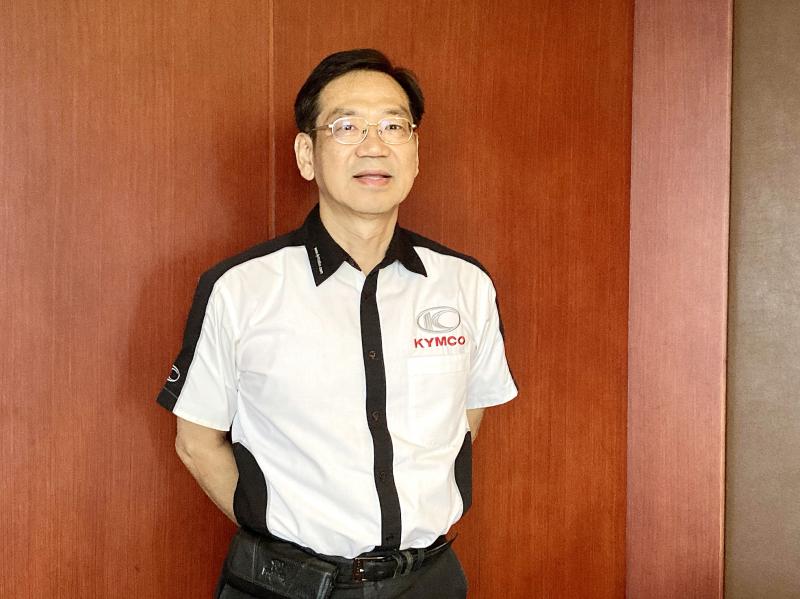
NHRI team finds potential brain cell repair tool
NHRI team finds potential brain cell repair toolPATENTS PENDING: The researchers have been granted a Taiwan patent for their discovery and are applying in the US, the UK and Japan, the team leader saidBy Lee I-chia / Staff reporterExosomes derived from stem cells have the potential to regenerate damaged brain cells, and could someday be used for to treat brain damage and neural degeneration diseases, researchers from the National Health Research Institutes (NHRI) said yesterday. Team leader Li Hua-jung (李華容), an associate investigator at the Institute of Cellular and System Medicine, told a news conference in Taipei that brain damage and neurodegenerative diseases often cause irreversible impairment for patients, and increase the risk of dementia. Photo: Lin Hui-chin, Taipei TimesTraumatic brain injury, unhealthy habits, hypertension, diabetes, long-term stress or mental illness are all potential risk factors for brain damage and neurodegenerative disease, she said. Although clinical studies have suggested that stem cells have the potential to repair a damaged central nervous system, there are risks of complications from implantation, ectopic tissue formation and unwanted engraftment, Li said. Her team spent seven years studying alternatives, and discovered that exosomes secreted by mesenchymal stem cells found in human bone marrow or fat tissues contain substances that can facilitate cranial nerve regeneration and brain functional recovery.
Source: Taipei Times July 13, 2020 15:56 UTC







